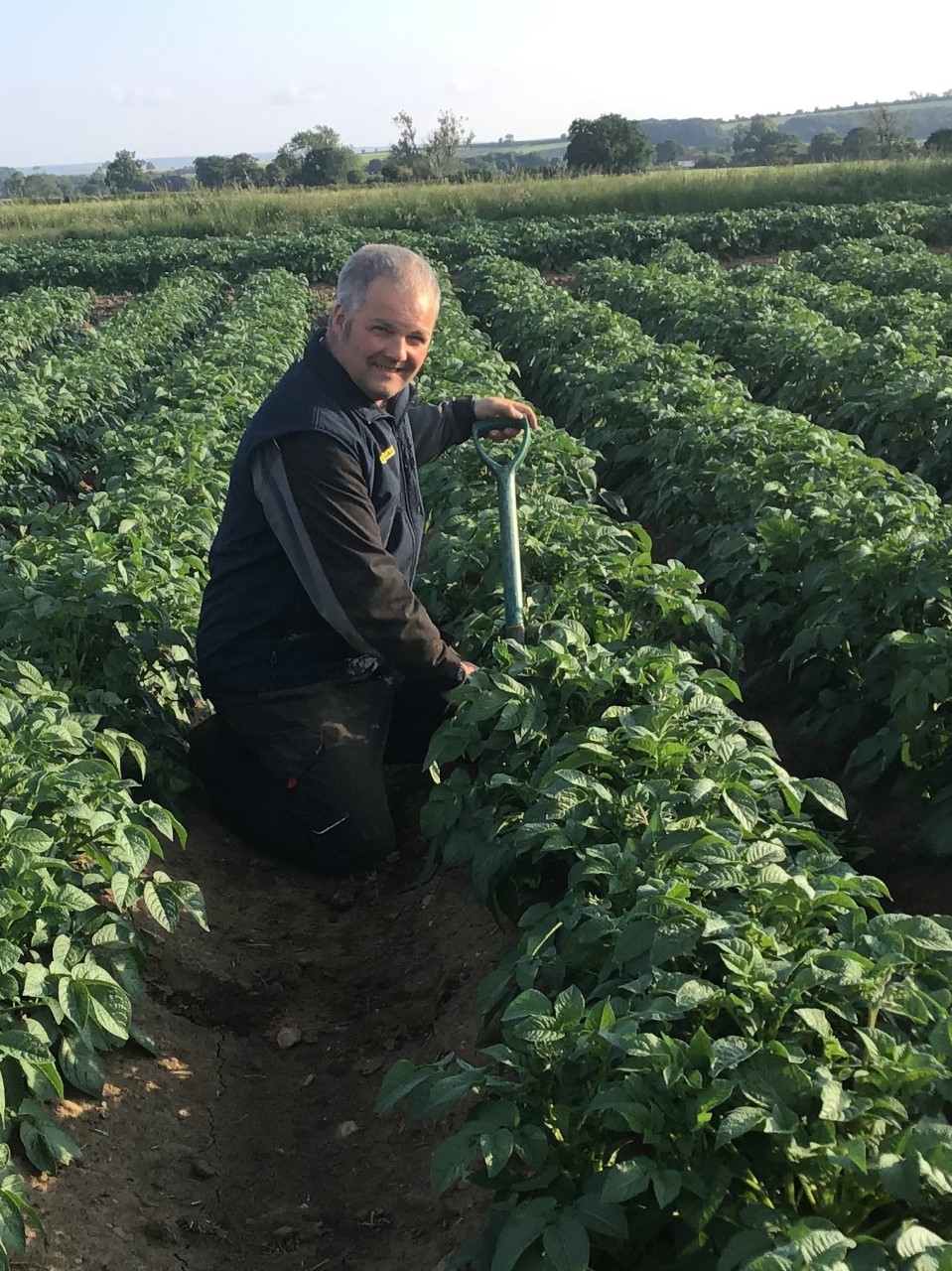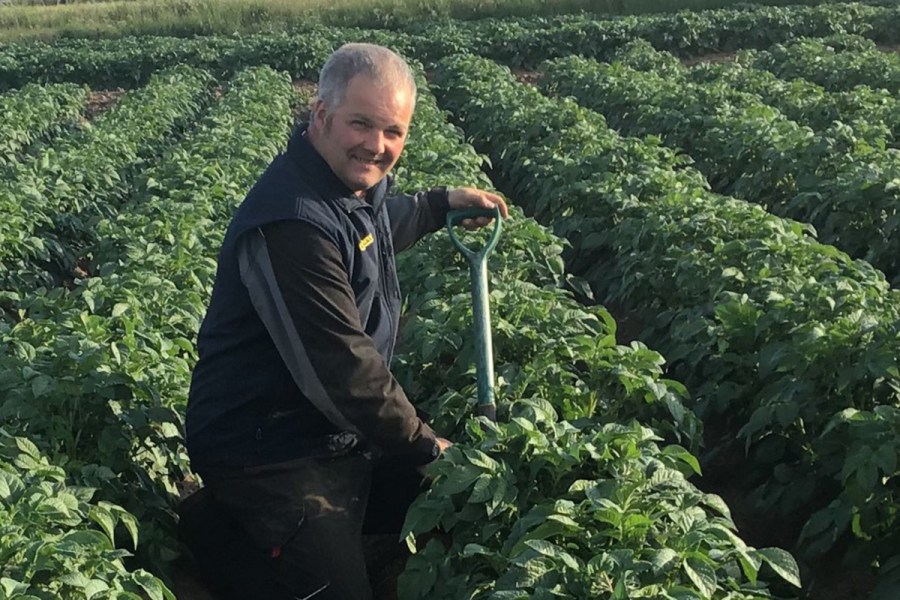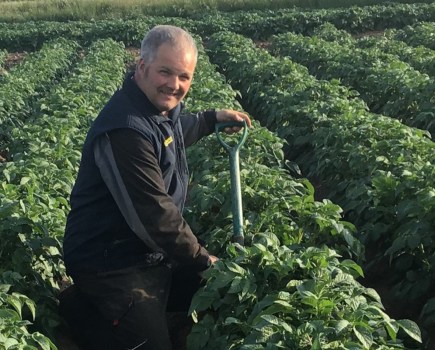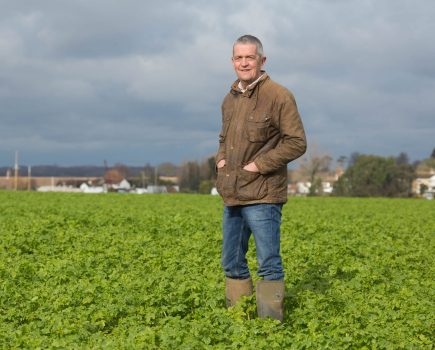
Is the light at the end of the tunnel coming for the UK potato industry? It doesn’t feel like that at the moment from where I’m sitting.
It seems like British Sugar have at last grasped the nettle and have increased the one-year beet price for the 23/24 crop by 48%. This is alongside increasing the Futures-linked percentage option of some early payment to aid grower cashflow and a yield protection model (details still to be announced).
Arguably, the measures were overdue but are sufficient to keep us in the game – for now. As a very much northern grower (97 miles from Newark Factory) we have less aphid pressure due to cooler climes and less host crops compared with more southern, veg intensive areas found in East Anglia.
The factories are prolific in an area where growing beet is arguably much higher risk than around here, a point backed up by the grower dynamic changing in recent years. The Bury St Edmonds factory closed at the end of February this campaign while Newark ran into April (again!), which does create problems. While close-by beet makes financial sense to British Sugar, due to its cheaper haulage, it does feel like we (as a grower over 60 miles from a factory) are being penalised to give local growers a bonus. Still, a three-year commitment to 60 miles is progress in the right direction.
So where does that leave potatoes? The big players tell us (those that will communicate) that they are ‘working on it’ – but very much fail to grasp the urgency of the situation. Not too many years ago we’d have a proforma contract by now which would enable us to make decisions, negotiate land, buy fertiliser and generally plan things. But that’s not so currently.
Land supply is under more pressure than I have ever seen in the 25 years I’ve been growing spuds, from more angles too. Peas, oilseed rape and maize are taking potato land, and we’re starting to see some landlords turn the crop away due to incompatibility with their regenerative agriculture aspirations. Without any idea of future pricing (of which we have very little control indeed) negotiation is very much more difficult.
For a long time, contract potato prices have adjusted according to the cost of production but with scant concern being given to risk or reward. We have no fat on our backs and a decreasing enthusiasm for the crop – as a lifelong committed potato grower, I don’t say that lightly.
Without a profit, we won’t be in business long. Messing about with pennies on the fringe isn’t going to cut it. The UK processing market is going to have to put hand in pocket and be sharp about it, or the ever-decreasing grower base will shrink further and faster than at present. I’m fed up with being told we must cut our costs, often in the same breath as a request for more hoop jumping and box ticking – enough is enough.
The demand for ‘extras’ such as environmental footprint, traceability, assurance and facilitating marketing via our operations continues to load up at a concerning rate – the nonsense £174 pesticide residue test demanded by Red Tractor Assured Produce being the latest cost, once paid by the market and now shouldered by growers, being a case in point. Cost must be balanced by value, something oft forgotten.
We’re told by all of our root customers that we must use less inputs and be more regenerative, while still providing the same yield and quality for the same price. This is despite very little direction or understanding, and with more risk and less reward – there’s something a bit out of balance there I think – I do not have a magic wand!
I try to remain positive and don’t worry about things beyond my control, but my resolve is wearing thin. We must, and continue to, constantly adapt our operations and improve what we do, but we are the essential first link of the food chain, and cannot pass the increasing demands for data, time and investment onto anyone else – it would just be nice if our commitment was rewarded at a level commensurate with our efforts, to give us a bit of satisfaction and allow long term investment to continue.
Maybe that’s a tall order, wishful thinking or dreamland, but it’s long overdue. The alarm bells are ringing but the ivory towers are seeming soundproofed!
Here’s to rain at the right times and a fruitful harvest, I’m off to persuade an irrigator to cooperate…
This article was taken from the latest issue of CPM. For more articles like this, subscribe here.




